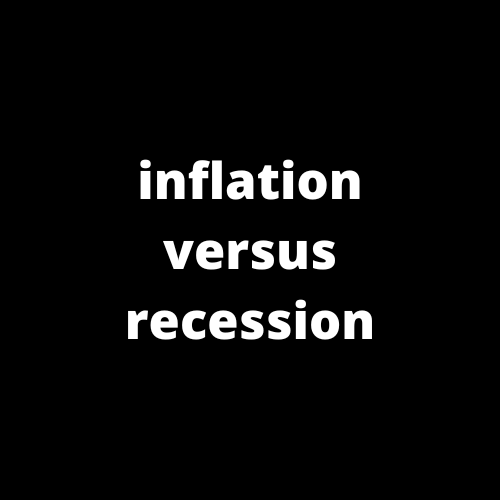Understanding Devaluation
Understanding Devaluation
Introduction
Devaluation is a term commonly used in the context of finance and economics. It refers to the deliberate decrease in the value of a currency compared to other currencies, usually by a country's central bank or monetary authority. Devaluation can have various effects on the nation's economy, trade relationships, and consumer dynamics.
Causes of Devaluation
Devaluation can occur due to both internal and external factors:
Internal Factors
Internal factors include economic concerns such as inflation, excessive government spending, budget deficits, or an unfavorable trade balance. These factors can erode the value of the domestic currency, forcing the government to devalue it.
External Factors
External factors involve global economic conditions, such as fluctuations in exchange rates, changes in international trade policies, or financial crises in other countries. These external events can put pressure on a nation's currency, leading to devaluation.
Impact of Devaluation
Devaluation can have significant consequences, including:
1. Export Boost
A devalued currency makes a nation's exports cheaper, leading to increased competitiveness in international markets. This stimulates export-driven industries, improves the trade balance, and can help generate economic growth.
2. Higher Imports Costs
On the flip side, imports become more expensive when a currency is devalued. This can fuel inflation, decrease consumer purchasing power, and affect companies reliant on imported raw materials or goods.
3. Rising Debt Burden
If a country has borrowed in foreign currencies, devaluation can make the debt burden heavier. Payments and interest on existing international loans will increase in domestic currency terms, leading to financial challenges for the government and private sector.
4. Investment Attraction
A devalued currency may attract international investors seeking cheaper assets. Foreign direct investment (FDI) can flow into a devaluing country, supporting its economy and aiding in recovery.
Conclusion
Devaluation is a tool frequently used by governments to manage their economies, address economic imbalances, and gain advantages in international trade. While it can have both positive and negative impacts, devaluation remains a crucial aspect of financial policy that requires strategic implementation.


